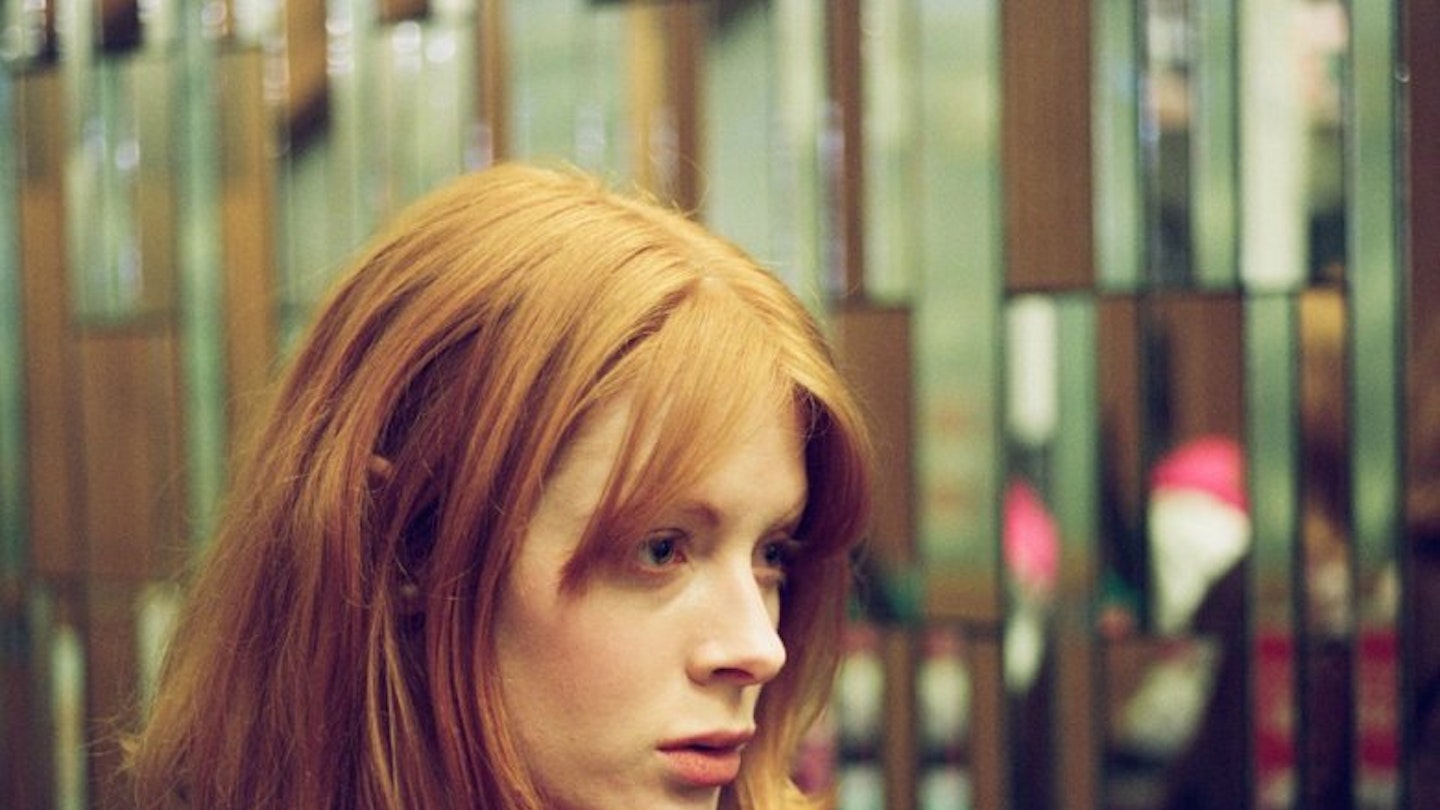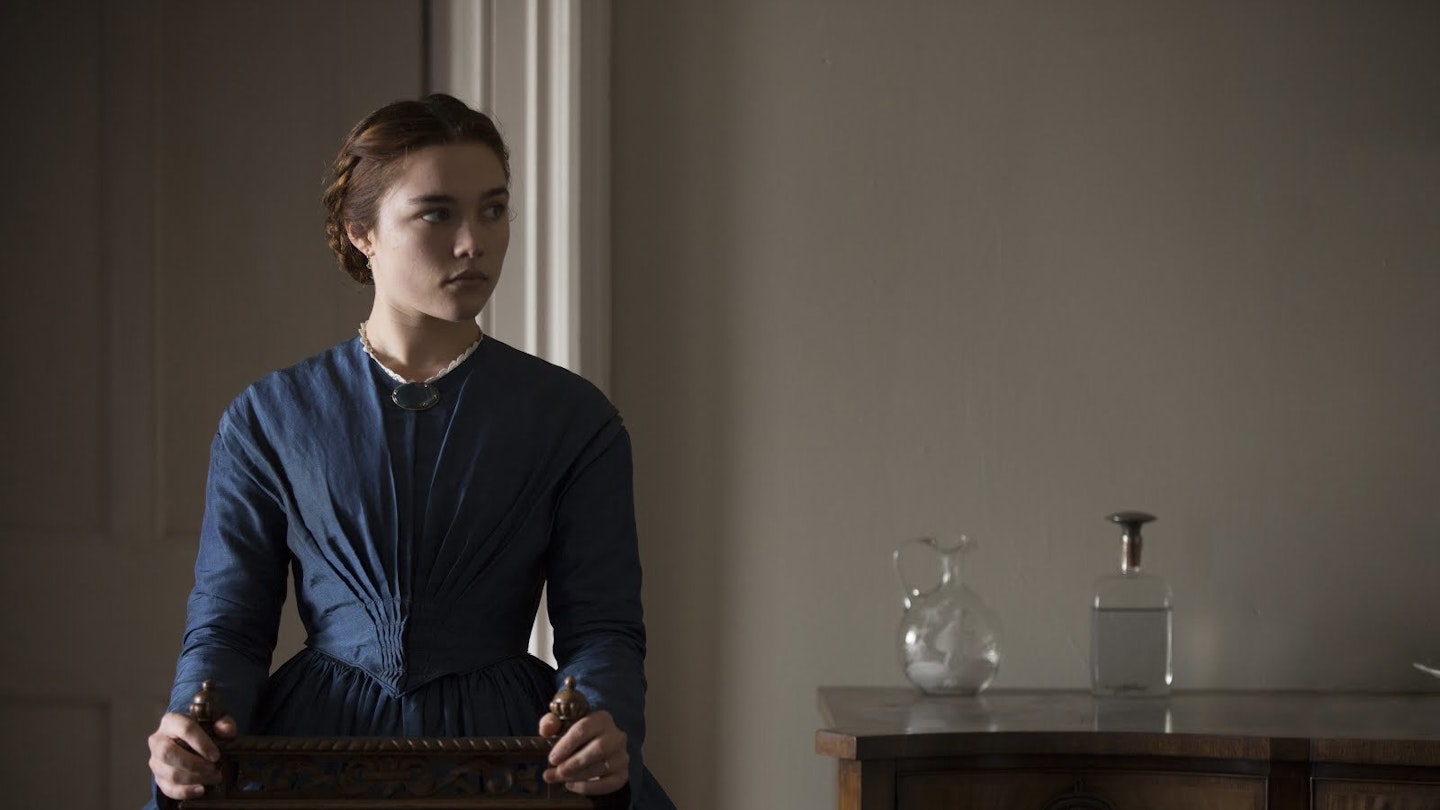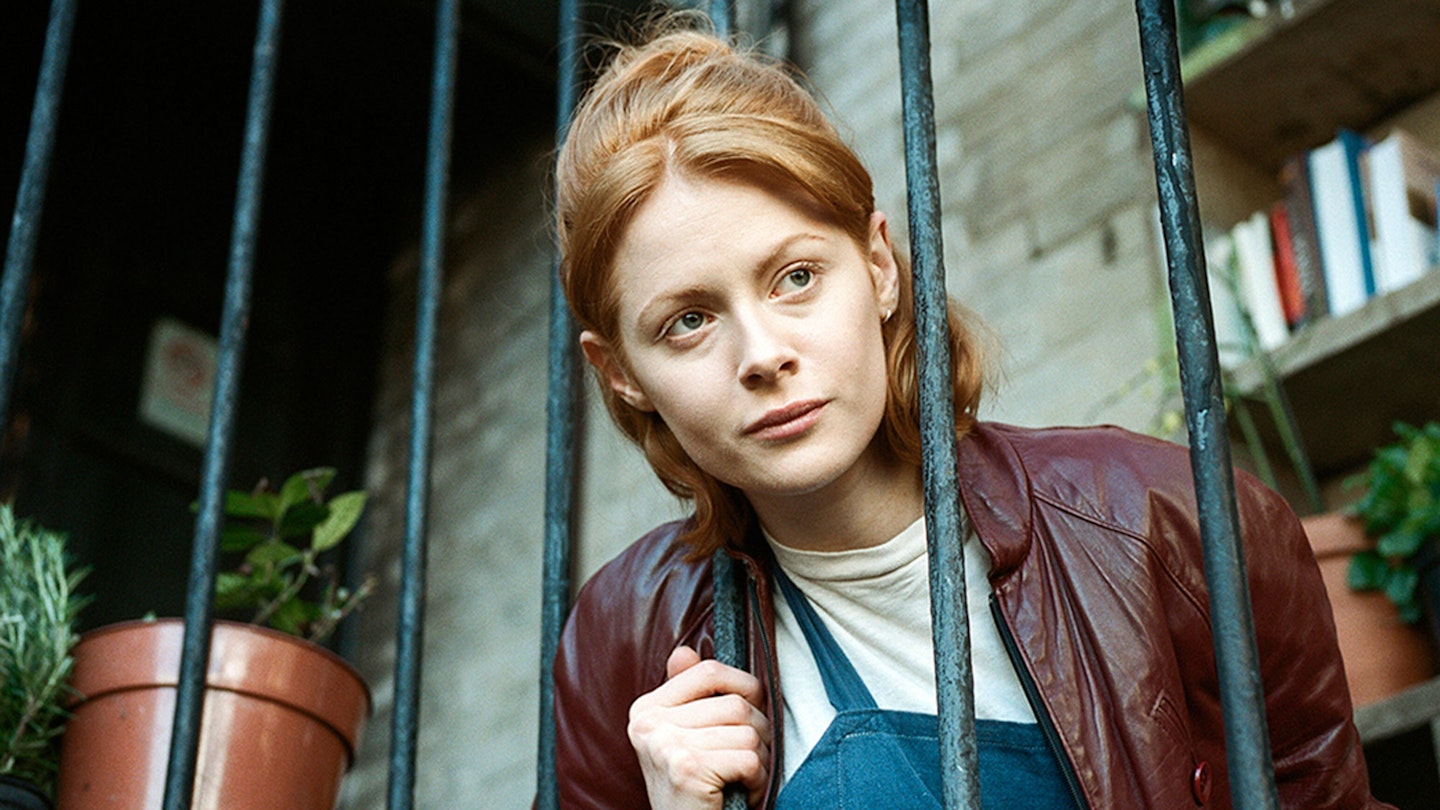There's been a significant rise, in recent years, in the number of acerbic, difficult and downright unpleasant women allowed to populate our screens. Once, such characters were shuffled to the margins if they appeared at all, designated a bitch to be reformed or paired off with an inappropriate mate as a punchline, while the likeable heroine got the guy. Now, mixed-up figures recognisable from real life are beginning to crop up - like this film's cutting, cynical eponymous chef - as the focus of stories. Thanks to a stunning performance from lead Emily Beecham and an assured hand from debutant director Peter Mackie Burns, it feels like a welcome change.
A compelling character study.
Like a big-screen, straighter-faced Fleabag, Daphne (Emily Beecham) is a Londoner in her 30s who calls bullshit on other people but doesn't have much figured out herself. She's single and keener on sex with no strings attached than most of the men she meets; she dabbles in drugs and philosophy and a strange friendship-flirtation with her married boss Joe (Tom Vaughan-Lawlor). Her mother (Geraldine James) is investigating alternative therapies and Buddhism in response to her cancer treatment while providing about the only ray of optimism in her daughter's life, even if her forays into hippiedom are met with eye-rolling rejection. And then, while on a late-night run to a cornershop for tobacco, Daphne sees a man stabbed in front of her and something inside her cracks.
Of course, the horror is not her own; she's merely a witness to real violence for, we sense, the first time. Like Kenneth Lonergan's Margaret, her response is delayed and illogical: she throws herself into her drinking, acts up at work and spurns the attentions of decent nightclub bouncer David (Nathaniel Martello-White). She's trying to carry on unaffected but the trauma just keeps spilling out, whether to her victim support psychiatrist or an innocent stranger on a bus, in a supreme breach of commuter etiquette.
Beecham, last seen on the big screen as a Margaret O'Hara doppelgänger in the Coens' Hail, Caesar!, establishes Daphne as a fully formed character within minutes, sure of her own invulnerability yet limited in ways she can't even register. Burns wisely keeps the focus on Beecham throughout - she's barely off-screen - and her red hair makes her a sort of beacon in his grey, clouded London. The film is not entirely satisfying in the way it explores or acknowledges Daphne's privilege or the limits of her tiny crisis, since it takes most of the running time for her to step outside her own solipsistic world view for even a moment. But there's charm in Daphne's refusal to charm anyone, and in the awkward, heartfelt and funny ending that redeems much of that earlier failure. Ultimately it reminds Daphne as well as the audience that hope, as well as disappointment, lies in other people.


